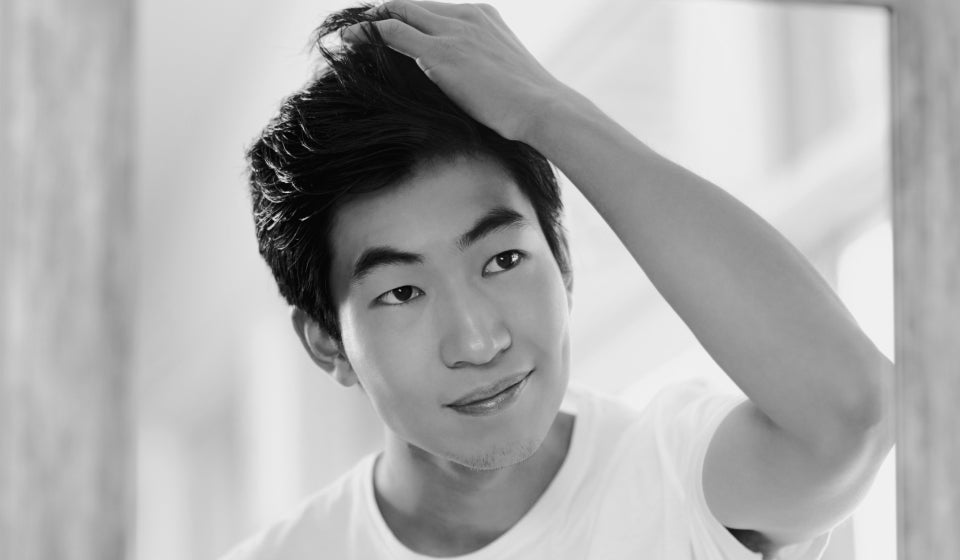While hair loss can be distressing, understanding the factors contributing to it and exploring effective remedies can help manage and potentially reduce its impact.
A. Factors Contributing to Hair Loss
Hair loss, or alopecia, can result from various factors, including:
- Ageing: As we age, hair growth slows down, and hair follicles may shrink, leading to thinner hair or baldness.
- Nutrition: Poor nutrition, especially deficiencies in vitamins (e.g., biotin) and minerals (e.g., iron, zinc), can weaken hair and lead to hair loss.
- Genetics: Hereditary conditions such as androgenic alopecia (male or female pattern baldness) are common causes of hair loss.
- Poor Blood Circulation: Insufficient blood flow to the scalp can deprive hair follicles of essential nutrients and oxygen, contributing to hair loss.
- Clogged Scalp and Inadequate Hair Care Practices: Excessive oil and product buildup on the scalp, overuse of heat styling, and chemical treatments can create an unhealthy scalp environment, leading to hair loss.
B. The Role of Scalp Massage in Improving Blood Circulation
Massaging your scalp can help improve blood circulation, which may support hair health and growth. Here are some effective methods:
- Traditional Scalp Massage – Fingertips
Using your fingertips, apply light to medium pressure in small circular motions across your scalp. This method helps stimulate blood flow and can be done daily for a few minutes.
- Using Oils
Incorporating oils like coconut, jojoba, or castor oil into your scalp massage can provide additional benefits. Warm the oil slightly before applying it to your scalp, and use your fingertips to massage it in. Oils can nourish the scalp and hair, promoting a healthier environment for hair growth.
- Scalp Massaging Tools
Various scalp massaging tools are available that mimic the pressure of fingertips. These tools can make the massage process easier and more effective. Use them gently in circular motions to stimulate blood flow.
- Things to Look Out For
- Pressure: Avoid excessive pressure to prevent scalp damage.
- Consistency: Regular massages yield better results than occasional ones.
- Cleanliness: Ensure your hands and tools are clean to avoid infections.
- Oil Sensitivity: Test oils on a small skin patch to check for allergic reactions before applying them to your scalp.
C. Scientific Proof Supporting Scalp Massage
While research on scalp massages and hair growth is limited, some studies show promising results:
- A 2016 study involving nine men who received daily 4-minute scalp massages for 24 weeks found increased hair thickness.
- A 2019 survey of 340 participants who performed twice-daily scalp massages reported that approximately 69% saw improvements in their alopecia.
These studies suggest that scalp massages may increase hair thickness by stretching the cells of hair follicles, stimulating them to produce thicker hair. Additionally, scalp massages may help dilate blood vessels beneath the skin, encouraging hair growth.
D. Other Ways to Improve Blood Circulation – Get Active!
Please consult with your healthcare practitioner as necessary before engaging in the following activities:
- Engage in Sports
Regular physical activity, such as running, swimming, or cycling, can enhance blood circulation throughout the body, including the scalp.
- Perform Specific Exercises
Exercises like handstands, assisted handstands, and pike push-ups can improve blood flow to the scalp by increasing circulation and promoting cardiovascular health.
By incorporating these practices into your routine, you can create a healthier environment for your hair and potentially reduce hair loss. Consistency and a holistic approach are key to achieving the best results!
Sources:



发表评论